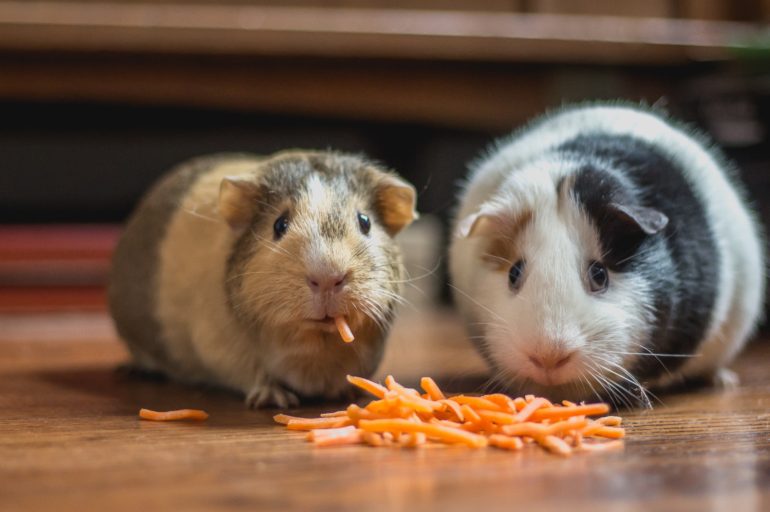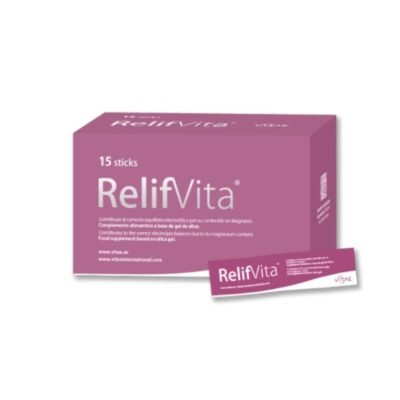Do you suffer from trapped air, abdominal heaviness after eating, acidity or constipation? Surely all of you who are reading this have identified with these words at some point in your lives. The truth is that intestinal health is of vital importance to keep us healthy and yet only a minority enjoys a good digestive health.
We spoke with Aleix Pellejero, manager of Medical Affairs in Vitae, and talked about the importance of maintaining the digestive system in good condition.
The digestive system
The digestive system performs an essential function in the human body, which is to prepare food for absorption, so that it can be used by all the cells of the body.
Digestion is takes place as food advances through the digestive system, comparable to a conveyor belt that allows food to be decomposed into a digestible source of energy. The process begins in the mouth where food is mixed with saliva, the decomposing process continues through gastric fluids, pancreatic fluids, bile and finally the intestinal fluids.
The body needs a mechanism to absorb nutrients and repair possibly damaged structures. Various mechanical and enzymatic processes are necessary to maintain digestive homeostasis.
What is a healthy digestive system?
A healthy digestive system is part of a set of interrelated processes, and separating them is a useful but not a realistic tool. The three main elements that really control homeostasis of the digestive system are diet, the gradients of potential hydrogen (Ph), which determine the distribution of microbiota and the microbiome or microbial flora. These three factors are closely related to each other.
We are what we eat
A study published by the universities of Harvard and Duke reveals that having an omnivorous, carnivorous and vegetarian diet can modify the composition and activity of our microbiota. As we said, ” we are what we eat ”.
A diet rich in meat is higher in fat and lower in fiber than a Mediterranean diet for example, which increases the concentration of intestinal microorganisms that tolerate high levels of bile acids.
Diet has an enormous influence on intestinal homeostasis, since it conditions the microbiome. A balanced intestinal flora creates a healthy intestinal environment.
The great forgotten gastrointestinal mucosa
The gastrointestinal mucosa contains from nutrients to toxins and hostile microorganisms, creating a strong barrier between the body and the lumen. The gastrointestinal mucosa is responsible for transporting molecules excluding harmful ones. This capacity for rejection is why it is also known as the gastrointestinal barrier.
Currently medical research indicates that certain gastrointestinal diseases lead to disorganization of the mucosal barrier leading to systemic diseases.
The gastrointestinal barrier can be restored in case of imbalance with a light diet, using culinary techniques such as boiling, steamed or from the oven, avoiding big meals or very cold or hot food. It is important to eliminate greasy foods, drinks that stimulate gastric fluids (alcohol, sugary drinks, tea or coffee) and acidic food (tomatoes, vinegar, citrus fruit and, sometimes yogurt).
Probiotics
According to the World Health Organization, probiotics are live microorganisms that, when taken in adequate amounts, promote health benefits for the organism that receives them. That is, if they are taken in sufficient quantity can have beneficial effects, contributing to the balance of the bacterial flora and the improvement of the immune system.
Probiotics have very beneficial effects on human and animal health. Achieved, through the ability to stick to the intestinal surface, preventing infection with pathogenic bacteria, stimulating production of certain substances that alter the intestinal environment, contributing to the maintenance of the organism’s health.
Finally, it is also believed that probiotics modulate the intestinal immune response by stimulating cytokines and producing immunoglobulins in the intestinal mucosa. However in order to perform their function they must survive the passage through the gastrointestinal tract.
So in a nutshell happy gut, happy you!









